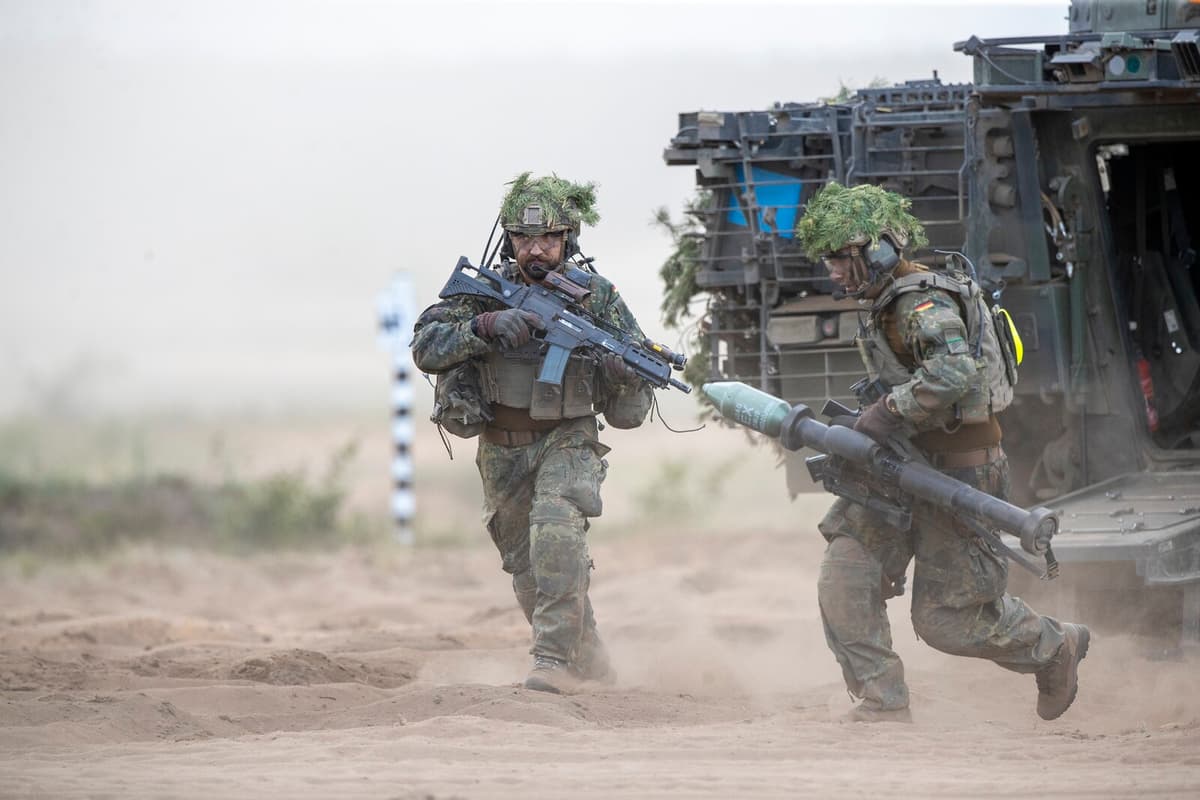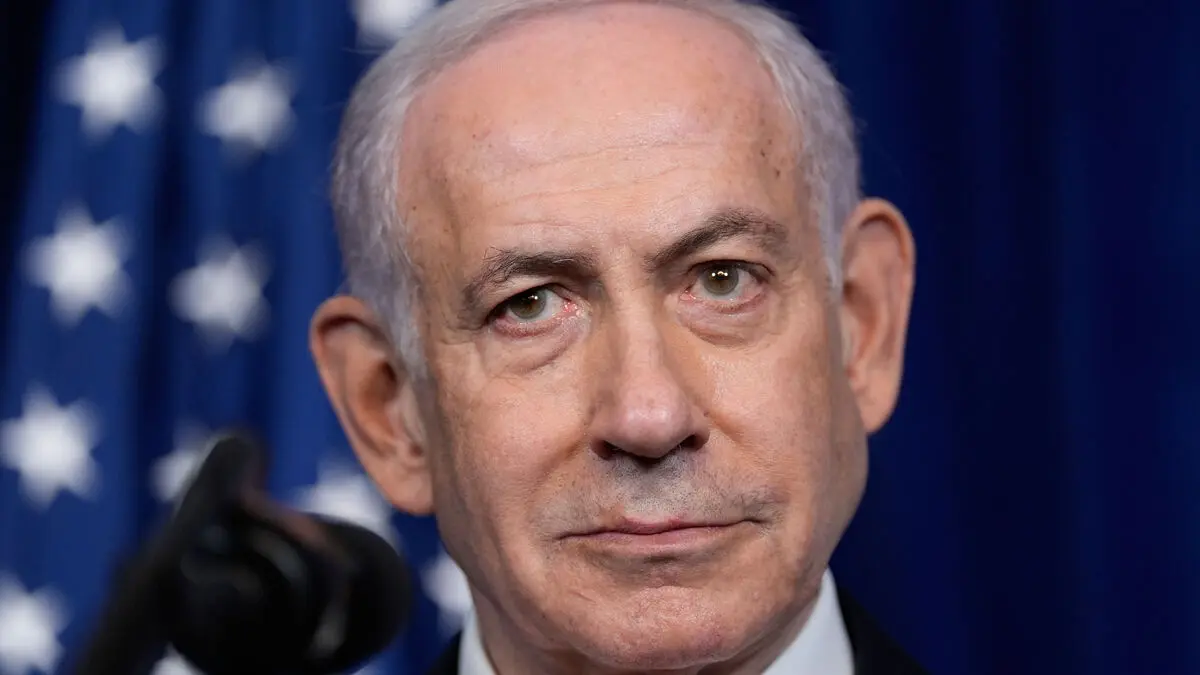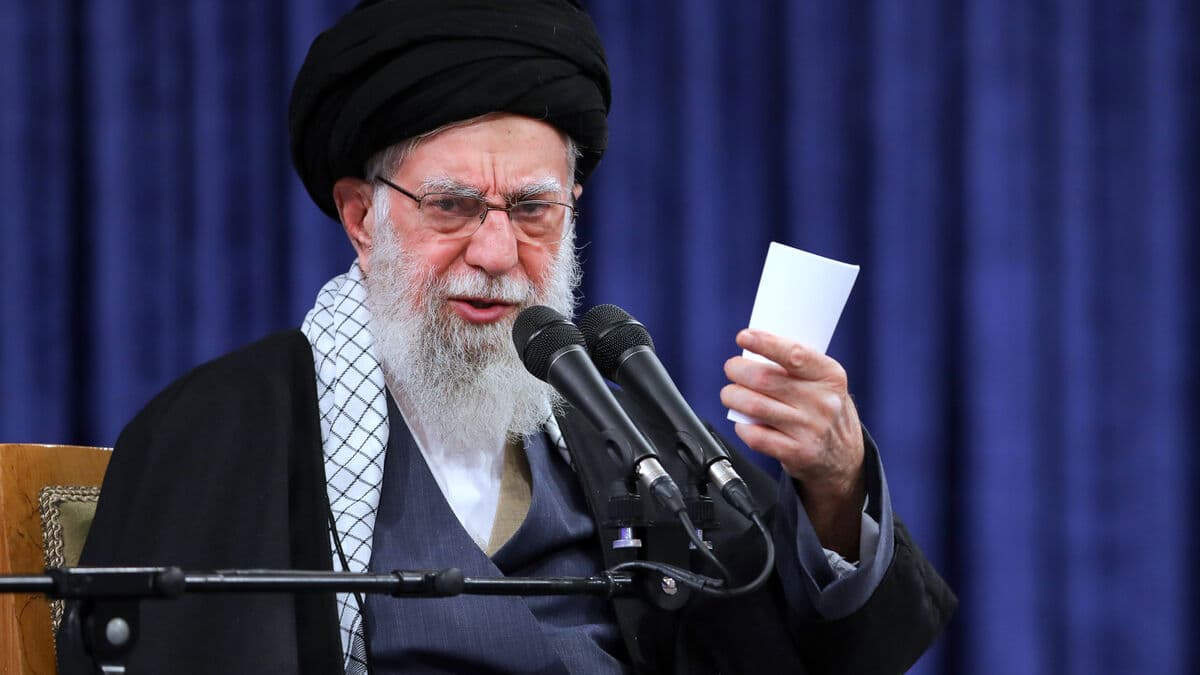Soon five months into Donald Trump's second presidential term, the world is not the same. At home, undocumented immigrants are being deported, authorities are being shut down, and the White House is in conflict with the media and elite universities. Globally, the US president has introduced punitive tariffs against almost all countries, threatened to annex Greenland and Canada, and warned NATO allies that they cannot take Washington DC's support for granted.
It can break, but it can also become stable again, says Brooks, who is a professor of international relations at Dartmouth College in New Hampshire and has had a visiting professorship at Stockholm University, about the transatlantic relationship.
Most words?
There are those who claim that the world with Trump has already left the rule-based world order that has prevailed since the end of World War II and entered a form of hypertransactional geopolitics. Brooks sees the trends, but thinks it's too early to draw such conclusions.
It depends on what the US ultimately does and how other countries react. At present, it is difficult to determine where America stands, as Trump can take positions solely to create negotiating advantages, he notes.
When it comes to global trade, the world order has been clearly attacked by Donald Trump through the tariffs he has unilaterally introduced. Trump stands for protectionism and clearly backs away from previous presidents' free trade policy. But in the security area, it's still mostly words.
Brooks' research is primarily focused on the global economy and security policy. He notes that the US, despite Trump's "America first" doctrine, still has its military presence in Asia and the Middle East and has not yet scaled down the defense employees stationed in Europe. This is despite Vice President JD Vance's verbal outbursts at the security conference in Munich in the spring, where he warned European leaders and NATO allies not to take the country's presence for granted.
No ground soldiers
According to Brooks, about half of the US defense employees in Europe - around 65,000 before the Ukraine war and almost 100,000 now - work with non-combat tasks such as intelligence work, cyber warfare, leadership, oversight, logistics, and training. These structures are already built up and cost Washington DC relatively little to maintain. The other half of the US presence, on the other hand, consists of soldiers who are combat-ready, and it is these that worry Donald Trump. In the event of new Russian attacks on NATO, he does not want Americans to go into battle here, neither those already on the continent nor others.
In principle, all of Washington's concerns are about conventional forces and weapons. In that area, Trump really wants Europe to do more, and he seems determined that the US will do less.
From that perspective, it's not surprising that Trump calls the five percent target that NATO countries' leaders adopted at the defense alliance's recent summit "a big win" for Europe and Western civilization. According to this, each NATO country will annually spend five percent of GDP on defense from 2035.
Completely independent Europe?
Stephen Brooks, however, fears that European leaders are now going too far in achieving strategic autonomy from America. He says he hears statements about Europe trying to become completely militarily independent and building up all capabilities - including intelligence, cyber, logistics, and even nuclear weapons - on its own.
That would be too much for the European defense budgets. I think the US can and should contribute to some of these capabilities even in the future. What Trump does not want is to send hundreds of thousands of soldiers to Europe in the event of a new Russian attack, he emphasizes.
The reason Europe relies on the US in a war scenario is that the number of combat-ready soldiers on our continent is too few. Brooks emphasizes again that this must be addressed quickly and effectively. And that the soldiers' training should be coordinated so that they are not trained on different combat vehicles and weapons, depending on which country they do their military service in.
The best Europe can do in the short term to deter and combat Russia is to increase its conventional military capacity. It's also the best Europe can do to get the US to stay. And it's also the best thing to do if the US leaves Europe completely, he says.
Help with China
But if the US continues to contribute with functions such as intelligence, logistics, leadership, training, and cyber warfare - must Europe not reciprocate?
Absolutely, Brooks reasons, and this is where a potential transatlantic "deal" comes in. The US needs help from Europe in peacetime to limit China's access to key military technologies, particularly those related to semiconductors. And if China invades Taiwan, the US wants and needs to be able to gather allies in both Europe and Asia to be able to isolate China economically.
Europe needs some military help to handle Russia. And at the same time, the US needs Europe's help on the economic front against China. There is potential for an agreement, a deal where both sides get something, he notes.
New world?
So how does Brooks think the world will look like when Donald Trump's term is over, in three and a half years?
Different. If Europe takes responsibility for its conventional war capacity, then we will have a new world. But it can be a better world. If Trump had not challenged Europe in this area, another president would likely have done so.
There is potential for reconciliation and a stable partnership between the US and Europe.
The rule-based world order is sometimes called the Western, liberal world order. It is based on certain values, norms, institutions, and rules that have been created to guide the actions of states globally. Among these are the UN Charter's formulation on the equality of nations and the prohibition of violence and threats of violence between states.
The principles of international law on human rights, international humanitarian law (which includes the four so-called Geneva Conventions on the laws of war), international criminal law, and treaty law are important.
The rule-based world order was developed after the end of World War II. The US's former Secretary of State Antony Blinken has described it as a "system of laws, agreements, principles, and institutions that the world built together after two world wars to guide the relationships between countries, prevent conflicts, and uphold the rights of all people".
Sources: Royal Swedish Academy of War Sciences, Government Offices, and the British Parliament






